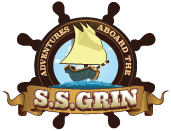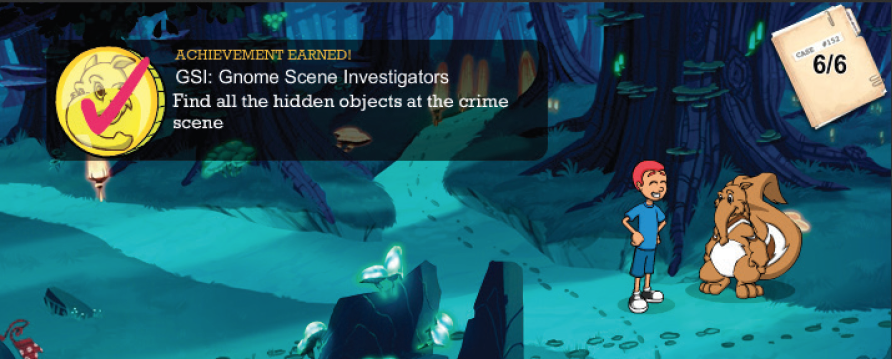Complete intervention package
The package will include interactive software, a provider manual, and web-based professional development and implementation support tools for parents and other providers.
Covers eight domains
The social skill domains covered include respect, impulse control, communication, social planning, empathy, social initiation, cooperation/compromise, and social initiation.


 Our research confirmed that children who played
Our research confirmed that children who played 

